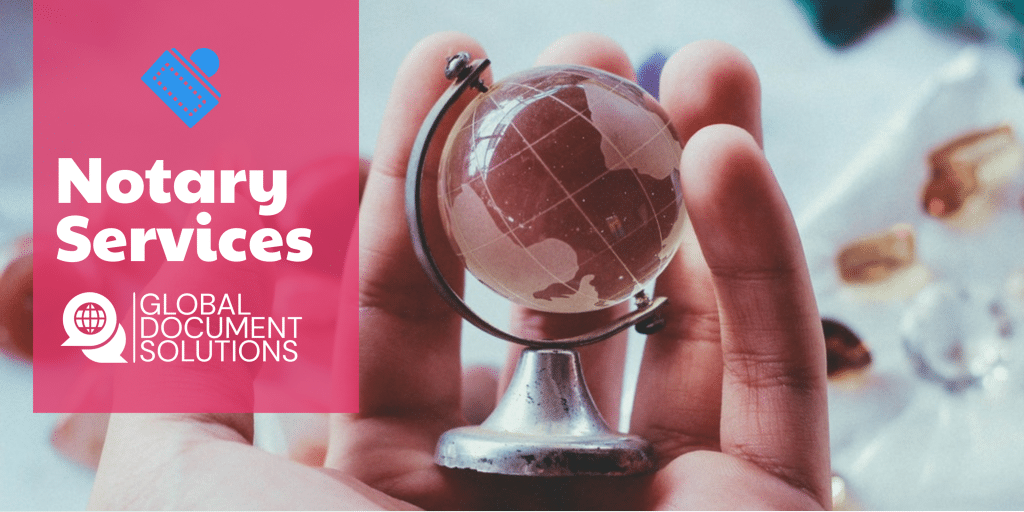
Apostille vs. Notary: What's the difference?
Have you ever wondered about the difference between an Apostille and a notary? Many people use these terms interchangeably, but they serve different purposes. Let's dive into the world of authentication and verification to unravel the distinction.
What is an Apostille?
Origins and Purpose
An Apostille is a certification used to authenticate documents for international use under the 1961 Hague Convention. It ensures that public documents issued in one country can be recognized as legitimate in another country.
The Apostille Process
When you need an Apostille, you'll typically approach an authority in your country. This authority verifies the originality of the document, and then, a certificate (the Apostille) is attached to or stamped on the document itself. As Canada has recently joined the Hague Apostille Convention which will come into effect on January 11, 2024., streamlining document authentication processes
When is an Apostille Needed?
Apostilles are mostly needed for official documents like marriage or birth certificates when they're to be used in a foreign country that's a part of the Hague Convention.
What is a Notary?
Role and Duties
A notary, often referred to as a Notary Public, is a person authorized by the state to perform acts in legal matters, particularly witnessing signatures on documents. They play a crucial role in fraud prevention by ensuring the authenticity of signatures.
The Notarization Process
It's relatively straightforward. When you need a document notarized, you provide it and identification to a Notary Public. They then verify your identity, witness the signing, and place their official stamp or seal on the document.
Importance of Notaries
A notarized document gives additional assurance that the signatures and information contained within are legitimate. It's often a requirement in business transactions and legal affairs.
Key Differences between Apostille and Notary
Purpose
Apostilles authenticate documents for international recognition, whereas notaries authenticate the signatures and the identity of signers for domestic use.
Recognition
An Apostille is recognized by countries under the Hague Convention. On the other hand, a notary's seal is recognized only within the jurisdiction of their appointing state or country.
Procedures
Acquiring an Apostille involves verifying the original document and then affixing or stamping the Apostille certificate. For notarization, the Notary Public witnesses a signature and then stamps or seals the document.
Costs
Notarizations might be cheaper, but Apostilles often come with higher fees due to their international applicability.
Why the Distinction Matters
Understanding the difference between these two is crucial, especially if you're involved in international affairs or business. Using the wrong authentication could result in unnecessary complications or a rejected document. To save issues, when you use our services, one of our specialist will make sure you get it right the first time.
Conclusion Trust The Experts @ Global Document Solutions
In the age of global business and personal endeavors that stretch beyond borders, knowing the distinction between an Apostille and a notary can save you time, money, and stress. Always remember, Apostilles are for international authentication, while notaries ensure domestic legitimacy.
FAQs
- Is an Apostille the same as a notarized document?
- No, an Apostille is for international recognition, while a notarized document is for domestic validation.
- Can a Notary Public issue an Apostille?
- No, only designated authorities in a country can issue an Apostille.
- How long does it take to get an Apostille?
- It varies by country and the nature of the document but can range from a few days to several weeks.
- Do all countries accept Apostilles?
- Only countries that are part of the 1961 Hague Convention recognize Apostilles.
- If my country is not part of the Hague Convention, what do I do?
- You might need to get your documents legalized through the embassy or consulate of the country where you intend to use them.

